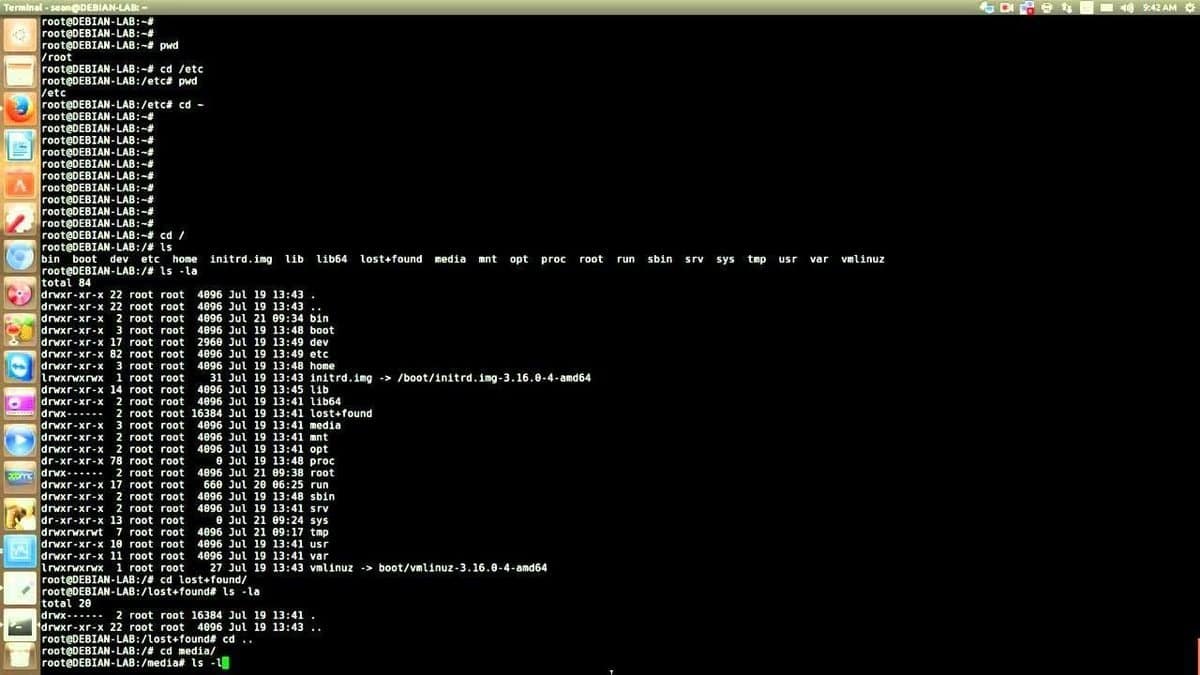

#UNTAR IN LINUX COMMAND ARCHIVE#
Similarly we can extract more than one files at a time by specifying the list of files separated by comma ~]# tar -xzvf myssh hy.txtĮxample-5: List files from the archive without extraction Now that we know the content of our archive, we can extract myssh file from this archive without extracting other contents. 1 root root 373 Oct 21 12:11 testscript.py

To extract the wrapper and the nested archives we have to use the following command: ~]# tar -to-command='tar -xzvf -' -xzvf wrapper_ Here I have a wrapper archive which internally contains 2 nested gzip archives. 1 root root 3618 Oct 27 09:18 mysshĮxample-3: Extract multiple tar.gz archives recursively 1 root root 15254 Aug 23 08:06 infra.manifest Here you can see that we are extracting the content of our archive into /tmp/temp.Jsuv directory instead of the current path. If we want to specify the destination directory where the content should be extracted and kept then we need to use -C or -directory argument. We saw in the last example that by default tar will extract content into the current folder.
#UNTAR IN LINUX COMMAND WINDOWS#
For more tar command examples, see my Linux tar command examples and tutorial.ALSO READ: Add Linux to Windows Domain using realm (CentOS/RHEL 7/8) Example-2: Extract the content into a different directory or path
#UNTAR IN LINUX COMMAND HOW TO#
I hope this short tutorial on how to extract (un-tar) a file from a tar archive has been helpful. How to extract (un-tar) a file from a tar archive In this case my tar archive was named drupalsite.tgz, and I wanted to extract the "marinelli" subdirectory of that archive, which, if you're familiar with Drupal, is found in the "sites/all/themes" folder.Įxtracting this tar directory like this actually extracts the marinelli folder under the sites/all/themes directory on my computer, so I end up with aįolder, filled with all of its subdirectories, but no other subdirectories under the top level "sites" directory are extracted. One more note before I go: I just wanted to extract one directory from a much larger tar archive, and to extract that directory from my tgz file I used this tar command: Extract (un-tar) a directory from a tar archive Unless you're making backups on your own Linux system, absolute paths are usually a no-no, and even if you are making your own backups, they're usually a no-no, as they don't give you much flexibility during the restore (un-tar, extract) operation. For instance, if a file in the tar archive has this path:Īnd I then extract that file from the tar archive, it will clobber the current. By "absolute path", I mean any file whose path begins with the root directory "/". One thing to be careful about here is to see if files are in the archive with an absolute path. However, if the file was in a sub-directory named bar, you'd want to specify your un-tar command like this: For instance, if your file is named "foo" and it's in the root directory of the archive, you'd use this command: The secret here is that you need to specify your filename just as it is in the tar archive. Now, to answer the question, if you want to un-tar one file named "my-desired-file" from a tar archive named "my-archive.tgz", and assuming the archive is compressed as most are these days, you'd use a command like this: Tar extract FAQ: How do I extract one file (or multiple files) from a tar archive without extracting the entire archive (i.e., how do I un-tar files from a tar archive)? Extract all files from a tar archiveįirst, if you really want to extract a tar archive completely (un-tar a tar archive), I've written about that before in my How to extract a tar archive tutorial and my Linux tar command examples, so I won't repeat those tutorials much, other than to say that this command is common to un-tar an uncompressed tar archive:Īnd this command is common to un-tar a compressed tar archive:Įxtract (un-tar) one file from a tar archive


 0 kommentar(er)
0 kommentar(er)
